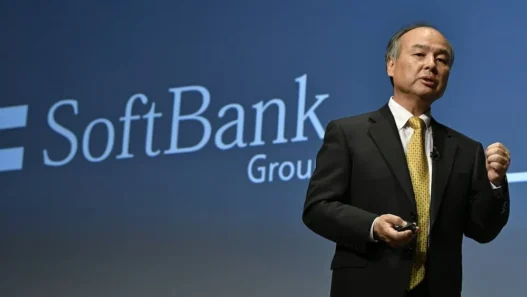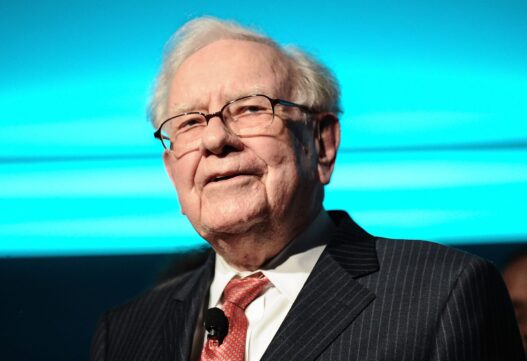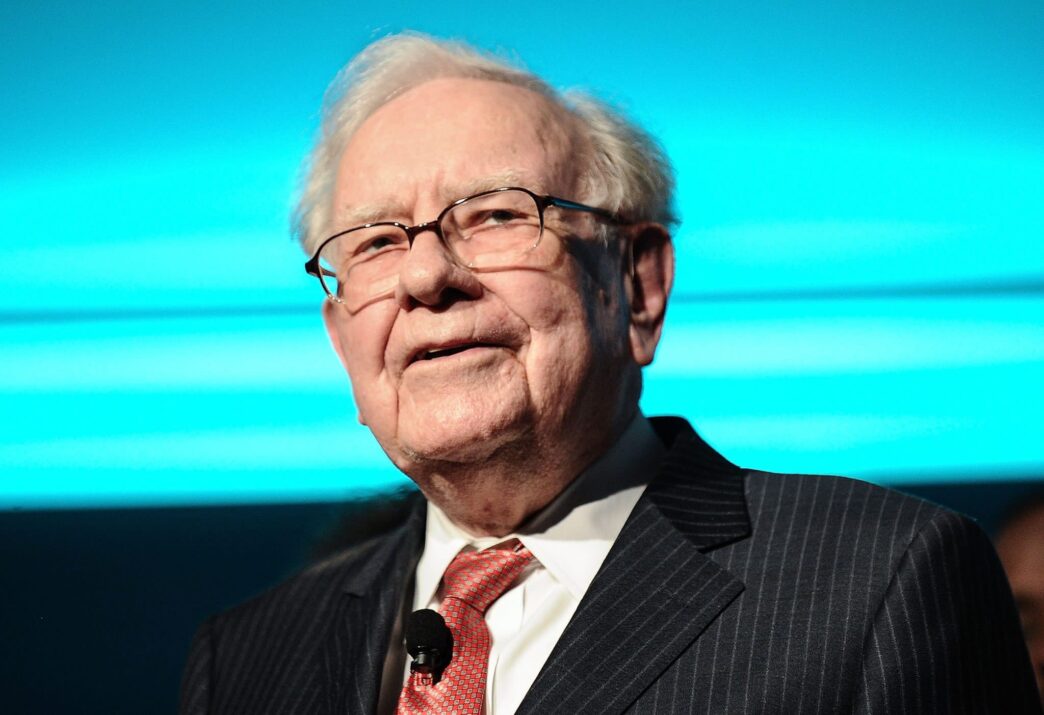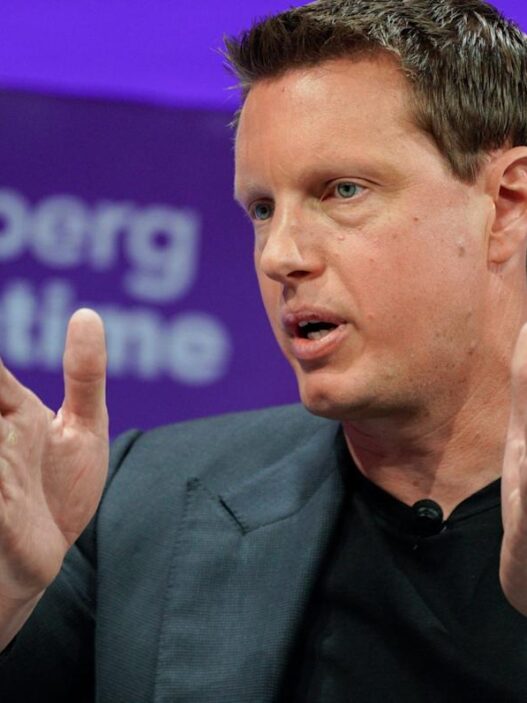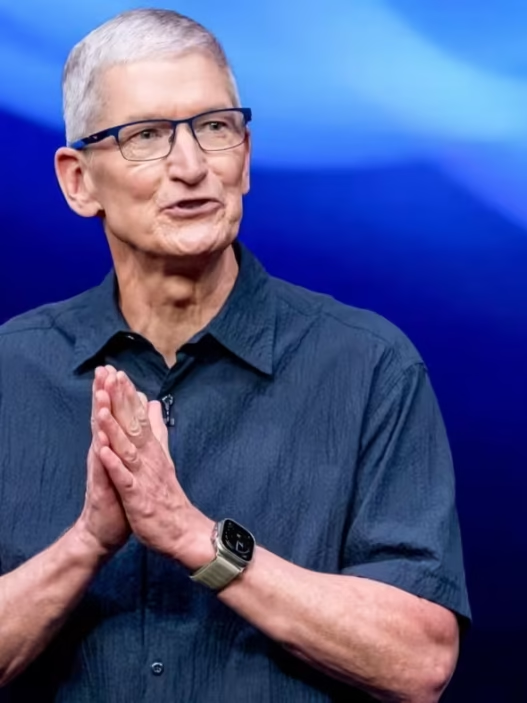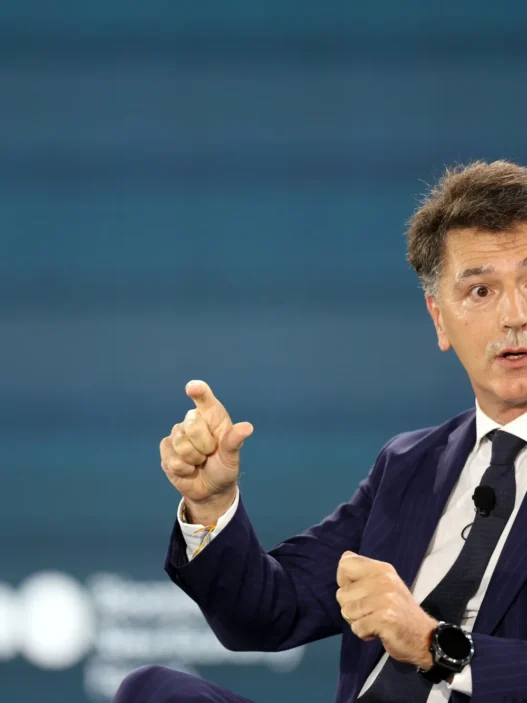In his final annual letter as CEO of Berkshire Hathaway, Warren Buffett delivered a pointed critique of modern executive compensation practices, taking aim at the sprawling pay packages awarded to some of today’s tech titans. Among his targets was the type of astronomical compensation often associated with figures like Elon Musk — deals worth billions, sometimes tied to stock performance and growth metrics.
Buffett’s warning resonates as both a reflection on corporate culture and a cautionary note for shareholders: when compensation becomes excessively large, it may not only distort incentives but also fuel a broader culture of greed and envy. In this article, we explore Buffett’s remarks, the context of modern executive pay, and the implications for investors and corporate governance.
Buffett’s Key Observations
Buffett framed his comments around a simple, timeless observation: “Envy and greed walk hand in hand.” He suggested that when compensation reaches extreme levels, it tends to amplify both:
- Envy: Large pay packages can exacerbate tensions within companies, as employees and stakeholders compare themselves to the outsized rewards of a small elite.
- Greed: Sky-high compensation structures can shift executive focus from sustainable long-term growth toward short-term stock performance or metrics that trigger payouts.
Buffett emphasized that corporate leadership should be motivated not by fleeting incentives but by the enduring interests of shareholders, employees, and the broader organization. He noted that while performance-based pay can be effective, it is often carried to extremes in tech and public markets — creating what he called a “distortion in priorities.”
The Modern Executive Pay Landscape
Buffett’s critique comes amid ongoing scrutiny of CEO compensation, particularly in the tech sector:
- Astronomical stock-based awards: Executives like Elon Musk have seen pay packages worth billions, tied to ambitious market cap or product milestones. While these incentives can motivate innovation, critics argue they also encourage risk-taking and focus on stock price over fundamentals.
- Disparities within companies: Research shows that the ratio of CEO-to-average-employee pay in some major U.S. corporations exceeds 1,000:1, a figure Buffett and other commentators have long criticized.
- Shareholder pushback: Some investors have begun to challenge excessive compensation packages, demanding more transparency and alignment with long-term corporate performance.
Buffett’s remarks suggest that even within Berkshire Hathaway — a company historically resistant to excessive compensation and stock options — the lessons of restraint are increasingly relevant in a market where billion-dollar deals dominate headlines.
Buffett’s Broader Philosophy on Incentives
Warren Buffett’s approach to leadership and compensation has long emphasized simplicity, prudence, and alignment with intrinsic company value:
- Focus on long-term performance: Buffett has historically preferred managers who think like owners, prioritizing sustainable growth over short-term stock movements.
- Avoiding perverse incentives: He warns against pay schemes that encourage risky behavior just to hit arbitrary targets.
- Equity alignment without excess: Buffett advocates equity stakes that align executives with shareholders without creating extreme wealth disparities.
- Cultural impact: He notes that outsized pay can erode company culture and morale, undermining collaboration and shared purpose.
In his letter, Buffett underscored that these principles are not merely philosophical — they are pragmatic rules for building companies that endure.
Implications for Shareholders and Corporations
Buffett’s final critique carries several implications for the broader corporate landscape:
- Re-evaluating pay structures: Boards may need to reconsider how much of executive pay is tied to stock performance versus broader performance metrics.
- Cultural consequences: Excessive pay can create internal tension and reputational risks, particularly when employees see a widening gulf between executive and average compensation.
- Market signaling: Investors and analysts increasingly monitor pay practices as indicators of corporate governance quality. Mega-packages may attract scrutiny or even backlash from shareholders.
- Incentive alignment: Companies must ensure that incentives encourage sustainable growth, innovation, and shareholder value, rather than short-term wealth accumulation for a select few.
Buffett’s message suggests that the market, while enamored with headline-grabbing billion-dollar deals, should not lose sight of the long-term consequences.
A Final Send-Off with a Moral Lesson
As Buffett steps down from day-to-day operations at Berkshire Hathaway, his reflections serve as a parting note on corporate stewardship:
- Wealth should follow value creation, not dominate it: While technology and innovation can generate enormous wealth, compensation should reflect contribution, not hype.
- Balance ambition with humility: Extreme pay packages can skew priorities and foster misaligned incentives.
- Shareholder responsibility: Investors play a role in monitoring compensation, ensuring that boards do not hand out excessive packages that risk the company’s long-term health.
Buffett’s warning is both a personal statement and a broader critique of modern capitalism: while the pursuit of success and reward is natural, the combination of envy and greed can be corrosive when unchecked.
Conclusion
Warren Buffett’s final letter as CEO of Berkshire Hathaway underscores a timeless lesson: executive compensation should incentivize performance without fostering imbalance, distortion, or resentment. His pointed remarks on Elon Musk-sized pay packages highlight the risks of excessive rewards in today’s corporate culture, especially when they exceed reasonable alignment with company performance.
Buffett’s critique serves as a reminder that true leadership and sustainable corporate success depend not on headline-grabbing compensation but on careful stewardship, long-term vision, and ethical governance. In an era of multi-billion-dollar pay deals, his words resonate as both cautionary and profoundly relevant: “Envy and greed walk hand in hand,”and unchecked, they can imperil even the most celebrated companies.






